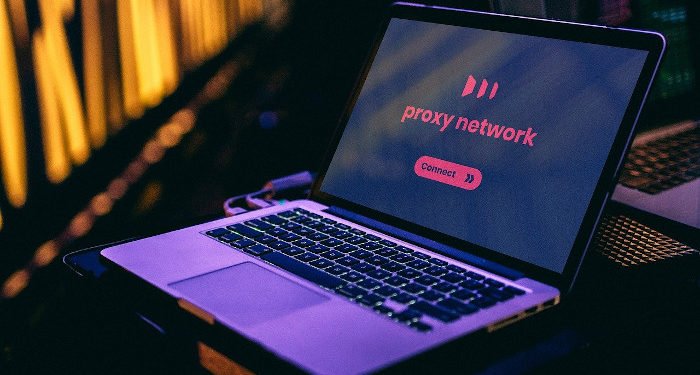Web Scraping is known as the process of extracting different kinds of data from websites. The scraped data usually consists of different forms such as images, videos, phone numbers, email addresses, and texts. A scraper is a program that will collect data from websites. A scraper in the first step collects valuable information from the website and in the second step, it will save and export the data into an API or a spreadsheet. This format of presenting the information is more convenient to the users.
By using a web scraper, the amount of time required for extracting information decreases and more information can be extracted quickly in a more automated fashion. A proxy server behaves like an intermediary layer between the end-users and the web. By using a proxy, a user can hide his own IP address and instead use the IP address of the proxy server. In this way, when a user requests access to a website, the website will see the IP address of the Proxy server instead of the actual IP address of the user. By using a proxy server, any user interested in scraping the information from the web can do so anonymously. Using a proxy server increases the reliability of scraping the website. The proxy servers are offered by the proxy provider companies. The proxy providers offer different kinds of proxies to the users including data center proxies, residential proxies or mobile proxies depending upon the requirements. Read this guide to learn about web scraping proxies and their use.
Web scrapers require URLs of the websites to load properly. A web scraper can work on single or multiple URLs at the same time. According to the functionality of the web scraper, the web scraper will either extract the entire data on the website or the specific data that was selected by the users previously.
By using proxies, the chances of getting blocked by the websites reduce greatly. Proxies remove different types of geographical limitations on the websites. Proxy servers enable the users to view geographically restricted content for particular locations. A large number of requests are required to scrape a website if the website imposes an IP blocking feature on the rate limit. By utilizing a proxy pool, numerous requests can be made to a particular website without being blocked. Proxies enable making numerous sessions to the target website for scraping purposes.
There are three different types of proxies. These three types include data center proxy, residential proxy, and mobile proxy.
- Data Center Proxy: It is one of the most common type of proxies. The servers and IPs are housed in the data centers in this type of proxy.
- Residential Proxy: The residential proxy moves the internet requests between residential networks. Residential proxies are expensive.
- Mobile Proxy: The mobile proxy uses the IPs of mobile internet service providers. The mobile proxy uses the IPs of mobile devices.
The cost of proxies depends on the number of IPs. Different types of proxies have different pricing options. The budget of scraping a project should be kept in mind before choosing the proxy server.









































